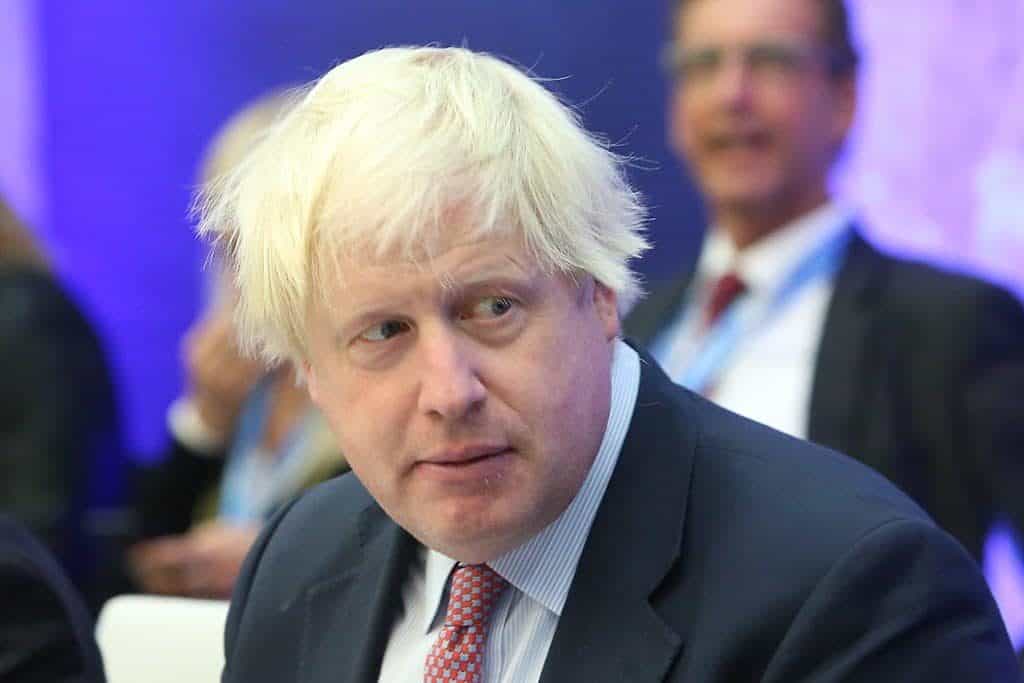This is final blog from our chief executive reporting back on the third of the main party conferences …
Right back in the ancient times of August – was it really only eight weeks ago? – I wrote that Boris wasn’t “actually that interested in a no deal Brexit”, but merely wanted to avoid the blame for not bringing one about.
Having completed my tour of party conferences this week with the Conservatives, I still believe that that’s the case. Despite the work that has gone into getting a deal with the EU, since the Supreme Court overruled the proroguing of Parliament, it seems extremely unlikely that Johnson will satisfy the EU27 or muster a Parliamentary majority even if he does.
Self-evidently, Johnson’s decision to launch his new master-plan at the Conservative conference – as opposed to in Westminster – speaks to its primary purpose as political positioning, rather than actually “getting Brexit done”.
Indeed, Jolyon Maugham QC’s (Good Law Project) timeline for passing the legislation necessary to actually deliver on a deal (Prospect Magazine) clearly demonstrates that this is simply not an option.
So Boris remains reliant for avoiding a no deal on someone else ‘blocking’ (sic) him, which has always been the game. Despite this, he has continued to assert – even after the passage of the Benn Act, that we will leave the EU on 31st October “come hell or high water”. It would of course be both, as he must understand, so one takes such assertions (as one does with everything our Prime Minister says) with a pinch of salt.
Rumour has it that the Conservative hierarchy is increasingly relaxed at the prospect of an extension, as long as they can claim convincingly that it has been foisted upon them by those dastardly forces of the liberal elite: MPs, Parliament and the judges. For this reason, I don’t expect Johnson to ‘die in a ditch’ to leave on the 31 October, but ultimately to allow himself to be dragged kicking and not quite screaming into an extension and subsequent election.
And the mood in Manchester was very much “bring it on”.
People talk about the Westminster bubble, but in fact there have been three bubbles on display over the Conference season. In Bournemouth, it was possible to believe that the Liberal Democrats were about to ride a revoke wave right into Number Ten.
In Brighton, the Labour ranks convinced themselves that their policy of negotiating a deal which they might then themselves oppose had a clarity and honesty about it that would be rewarded at the ballot box.
And in Manchester, the Conservatives clearly believed that it didn’t much matter if Britain has a deal by 31 October – the public would embrace the ensuing shortages of food and medicine in return for their sovereignty.
And yet during my Manchester visit, I chatted with one sweet little old lady from Blackburn, who told me how the Asians had taken over her town and she no longer felt safe there. I attended three fringe events that, between them, boasted a single female speaker out of fifteen, and I found myself asking whether this really was a party in touch with the outside world.
The strategy all along has been to nail down just over a third of the vote and assume, with the remainers’ split, that that will be enough under FPTP to deliver Johnson a comfortable working majority and finally the authority to deal with the EU. Every step of their conference was about achieving this aim. but that doesn’t mean it will work.
My takeaway from the Lib Dem conference is that they are more chipper and confident than I have ever seen them before, and this has been underpinned since by social media reports from across the country of voters receiving Lib Dem literature in seats where the party has never previously been competitive. The bottom line is they seriously believe they can win across the West Country and elsewhere, all seats which they will take from the Conservatives.
At the Labour conference, despite their internal battles, reading between the lines, it seems they have once again assembled a raft of retail policies that might yet be enough to bring them back from the brink, or at least hold on to their core vote when push comes to shove.
Meanwhile, while the Conservatives have certainly reinvigorated their leave supporters to strengthen their chances of winning a full third of the vote at the expense of the Brexit Party, they may also have capped their potential pool of supporters so that a little more than a third of the vote may also represent the height of their ambitions.
Will that be enough? FPTP says possibly in a four-way election, but I suspect not. Voters tend to find a way to express their opinions. Every poll this year has shown a majority for remain. The Conservatives are banking on this vote being split, allowing them to come through the middle, but in 1997, the anti-Tory vote worked it out for themselves, delivering record numbers of seats both for Labour and the Lib Dems.
And then who will be to blame?





